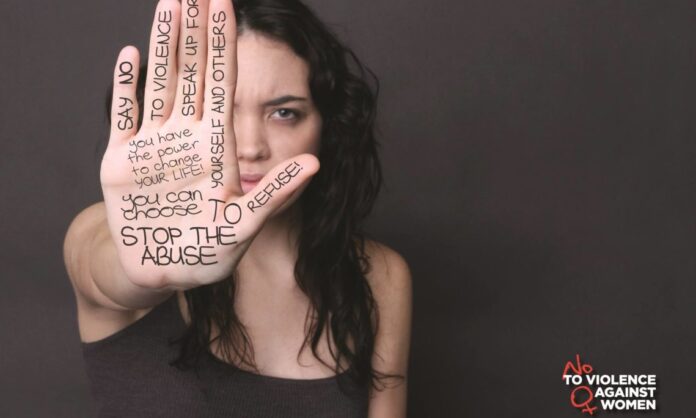Staff Writer
The dominance of the COVID-19 pandemic has overshadowed other social challenges with gender-based violence increasing while authorities concentrated their efforts on fighting the virus amid calls to re-look at how women and girls can be protected from the social illness.
According to the Chipinge-based Platform for Youth and Community Development, cases of gender-based violence increased during the pandemic while authorities and other stakeholders shifted their focus on the novel coronavirus.
Government in March this year introduced a total lockdown and other stringent restrictions to curtail the spread of the virus which has killed millions of people across the world.
The restrictions, though successful in stopping the rapid spread of the virus in Zimbabwe, where 9 398 positive and 274 deaths have been recorded, although these measures also exposed women and girls to abuse.
In its message during the commemoration of 16 Days of Activism against Gender Based Violence, whose theme is; Orange the World: Fund, Respond, Prevent, and Collect, the PYCD said a shadow pandemic in the form of gender based violence was ravaging communities during the COVID-19 lockdown in which many cases were recorded.
“The COVID–19 pandemic dominated much of our media headlines and occupied the minds of our government leaders in Zimbabwe.
“As the pandemic was unfolding, it aggravated the economic inequalities faced by women in Chipinge district. The majority of women in Chipinge, like in most rural communities are mostly involved in commodity production and trading in fruits and vegetables as well as domestic wares.
“As the country was focused on the COVID–19, a menace was threating the wellbeing of girls and women within the confines of their homes during the lockdown period.”
The organisation, however, notes that the 16 Days of Activism against Gender Based Violence will be an opportunity to shine a spotlight on the issue of violence against women and at the same time creating public awareness on what needs to change to prevent it from happening.
“Despite the negative impact of COVID-19 on our community, we nevertheless continued to multiply as we dealt with the increasing impact of Gender Based Violence,” it said.
The PYCD lined activities starting today and bring together a number of stakeholders who have been working with the organisation including female traditional leadership and female councillors in the district.
The organisation is also holding netball tournaments that will be held in four wards that have been identified as Gender Based Violence hot zones in terms of statistics.
“As rules and regulations to guide compliance to curb the COVID–19 pandemic were being enforced, reports of alarming increase in violence against women were recorded.
“There will also be a march to be held on November 29 in Mabee village, where a number of partner organisations will join PYCD in highlighting the damage caused by Gender Based violence in the border areas of Chipinge and Mozambique.
“PYCD is convinced that the activities lined up for the 16 Days of Activism will help to provide a platform for local communities in Chipinge to reflect on the solutions that are sustainable.
“We have other lined up activities in the form of women hearings, Men’s Forum, Door to Door and community meetings with stakeholders as a way of popularising our key messages of hope.”
The PYCD has been advocating around the concept of Progressive Ndau Culture, which is a philosophy to celebrate the positives from the Ndau culture, a strategy that has helped to demote the harmful cultural practices that has been responsible for gender based violence as well as dehumanising girls and women in Chipinge.
The advocacy will be done in all the 36 wards of Chipinge district under the drive of 25 Gender Activists who are working daily with PYCD and led by PYCD Gender and Advocacy Officer, Ms Cynthia Gwenzi.
“Since the advent of the COVID – 19 pandemic, PYCD has through the work of these grassroots structures collected alarming statistics of Gender based violence that includes wife butchering, child molestation and ritual murder, rape and suicide.”
The organisation said government should come up with gender sensitive COVID–19 measures that ensures women’s equal representation in all COVID-19 response planning and decision-making.
“Through this process, PYCD strongly believes that these gender sensitive measures will drive transformative change for equality by targeting women and girls in all efforts to address the socio-economic impact of COVID-19,” the organisation said.
The socio–economic impact of COVID–19 has been identified as a major contributing factor to gender based violence in the homes during the period of lockdown.














